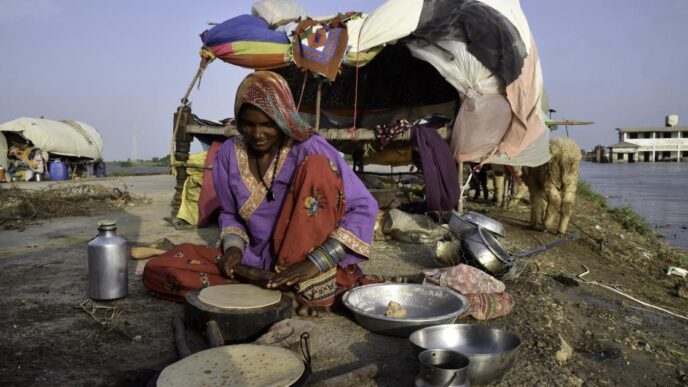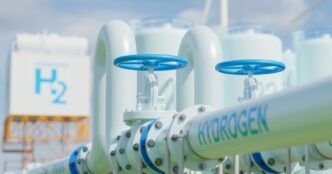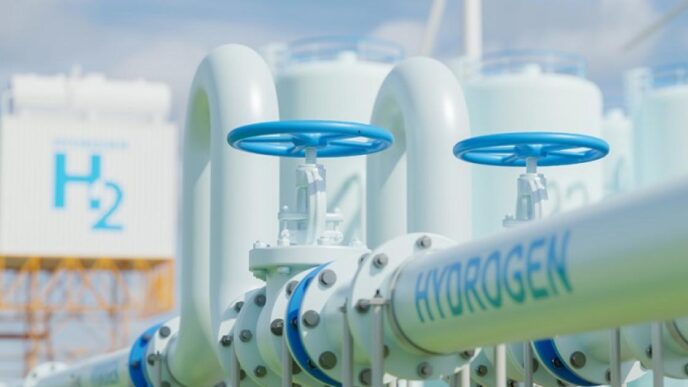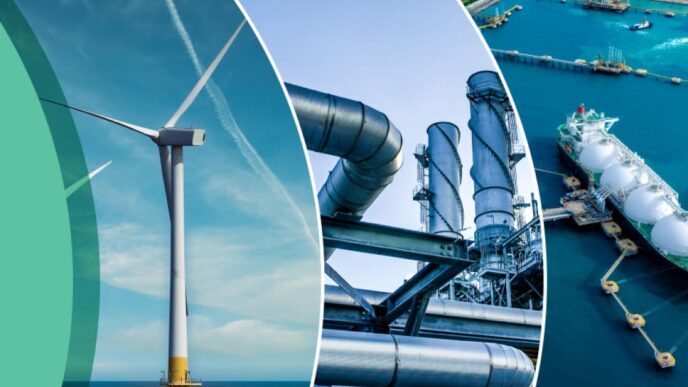The latest analysis from the Joint Research Centre highlights significant wage disparities and employment stability issues across the EU’s blue economy sectors.
Workers within fisheries and coastal tourism often earn below national averages, while those in marine renewable energy and oil & gas extraction typically benefit from above-average pay. Similarly, high-skilled, high-productivity roles – such as those in freight transport and water infrastructure construction – are associated with higher salaries.
However, higher wages do not always mean secure jobs. Many of the better-paying sectors come with greater employment risks. One exception is the non-living marine resources sector, which combines relatively high wages with more stable employment.
It is equally mixed when it comes to job stability. Seasonal work dominates in tourism, while sectors like shipbuilding and port operations offer more stable, full-time roles.
These insights are key to shaping policies that promote fair pay, job security, and long-term career opportunities across the EU’s evolving blue economy.
Find out more via:














